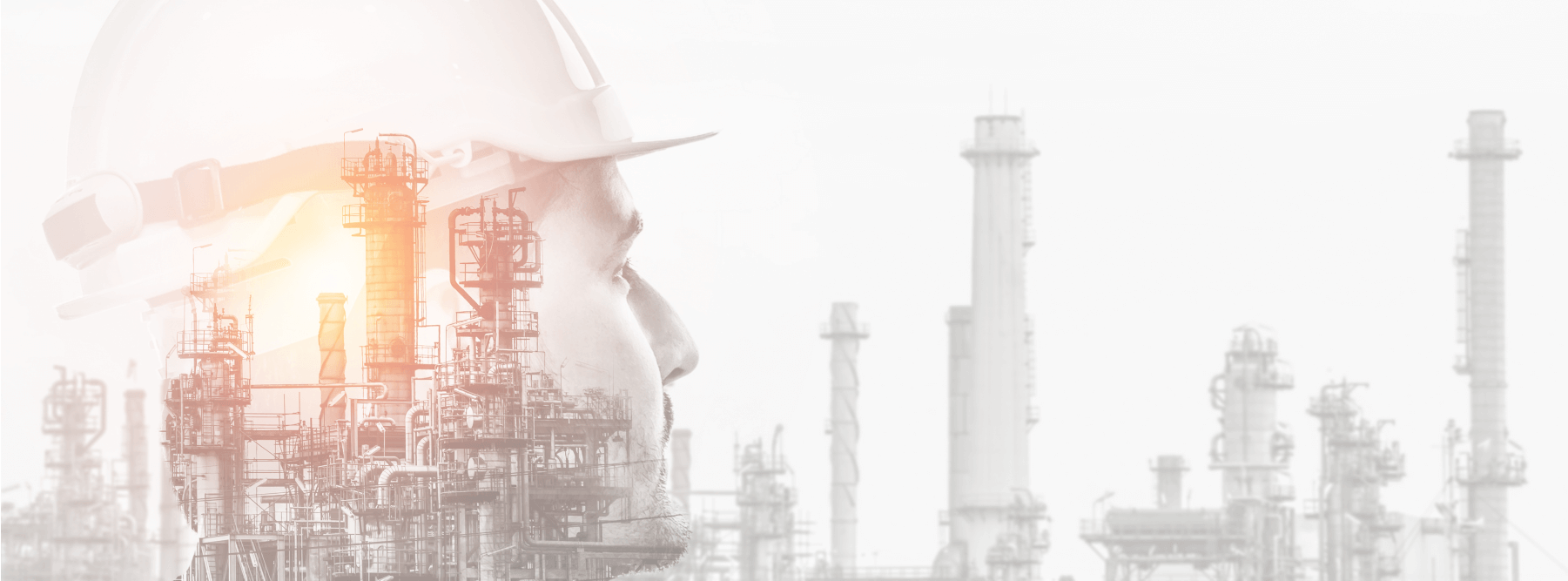Oil analysis is a potent ally for those entrusted with the upkeep and improvement of machinery in diverse industrial environments.
Tailored for maintenance professionals, engineers, and decision-makers, this guide unravels the intricacies of selecting the most fitting tests for individual machines. The precision in choosing oil analysis tests is important in establishing correct interpretation of results. Join us on this journey as we delve into essential considerations for crafting machine-specific oil analysis test slates and uncover the profound significance of different tests in preserving the peak health of machinery.
Importance
The wide array of available oil analysis tests can make selecting the right ones for a particular machine challenging. To simplify this, it's essential to categorize tests into fluid condition, contamination, and wear. With knowledge about the basic tests and the maintenance philosophy, one can choose tests that align with the machine's requirements.
The Tests

- Particle Counting: Particle counting focuses on contamination, providing insights into external and internal wear. Understanding the results, especially particle size ranges, helps assess the cleanliness of the oil.
- Water Tests: Crackle and Karl Fischer tests are crucial for assessing water content. The crackle test is a quick screening tool, while the Karl Fischer test offers precise measurements, especially for applications with water content below 1,000 ppm.
- Viscosity: Viscosity measures a fluid's resistance to flow, indicating the oil's condition and potential contamination. Consistency in measurement methods is crucial, and trends over time are key indicators.
- Ferrous Density: This test indicates the presence of magnetic debris in the oil, serving as a good indicator of wear debris. It's beneficial for predictive maintenance but may not be sensitive at deficient contamination levels.
- Analytical Ferrography: This visual analysis of solid contaminants provides insights into ferrous wear particles. While expensive and subjective, it can be valuable as an exception test for non-filtered systems.
- Filter Analysis: Filter analysis focuses on solid contaminants removed from the filter, providing better resolution for non-magnetic debris than analytical ferrography. It's time-consuming and subjective but can be performed in an onsite laboratory.
- Acid Number: The acid number test measures the acid content of a sample, indicating fluid oxidation and degradation. It's a cost-effective test that can be performed in an onsite laboratory.
- FTIR: FTIR spectroscopy examines oil for the presence or absence of certain compounds, focusing on oxidation. While rare in onsite laboratories due to cost, it's a valuable tool for complex analyses.
- Patch Test: A simple, inexpensive patch test focuses on contamination and wear. It's a must for onsite laboratories, providing quick insights into oil conditions.
- Elemental Analysis: the most crucial test, fundamental analysis, provides information on fluid condition, contamination, and wear. It requires sophisticated equipment and is often performed in advanced onsite laboratories.
Steps to Precision
Selecting the right machine-specific oil analysis tests is a nuanced process that requires a thoughtful approach. It involves understanding each piece of machinery's unique characteristics and operational demands. Here's a guide on how to navigate this crucial step and create effective test slates for your equipment:
Understand Test Categories
Categorize oil analysis tests into three main groups: fluid condition, contamination, and wear. This classification helps in determining the primary focus of each test. Liquid condition tests, such as viscosity and acid number, assess the oil's health. Contamination tests, like particle counting and water tests, focus on external and internal impurities. Wear tests, including ferrous density and elemental analysis; help gauge the amount of wear debris present.
Check Test Packages
After considering the diverse landscape of available oil analysis tests, it's worth exploring comprehensive test packages offered by many laboratories. CRE Philippines, for instance, provides a range of test packages, categorized as Routine MachineCheck, Premium MachineCheck, and Advanced MachineCheck, each offering different levels of analysis. Later in this guide, we will delve more into the details of these packages.
Stay Informed About Technological Advances
Keep abreast of technological advancements in oil analysis. New technologies may offer more accurate and nuanced insights into the condition of oil and machinery. Awareness of these developments ensures that your test slates remain updated and aligned with the latest industry standards.
Conclusion
Now that you have gained insights into selecting machine-specific oil analysis tests, implementing a comprehensive and tailored approach is the next crucial step. CRE Philippines stands as a reliable partner, offering a diverse array of test packages designed to meet the unique needs of your machinery.
Consider packages like CompressorCheck™ 804, providing invaluable insights through features like Double Wear Check. Elevate your maintenance strategy, such as EngineCheck™ 894, delivering a thorough analysis with Double Wear Check, Particle Count results in NAS 1638 & ISO 4406.
For those seeking advanced optimization, HydraulicCheck™ 813 is a comprehensive package that goes beyond the basics, including Double Wear Check, Particle Count results in NAS 1638 & ISO 4406, and the Varnish & Sludge Potential Index (VsPITM). Each package is crafted to empower you with the correct information for proactive decision-making.
Embark on the journey to enhanced machinery reliability with CRE Philippines. Contact us today to explore these test packages and take the initial steps toward securing the longevity and efficiency of your industrial assets.
Source:
Mayer, A. (2011, March). How to Select Machine-Specific Oil Analysis Tests. Machinery Lubrication.


